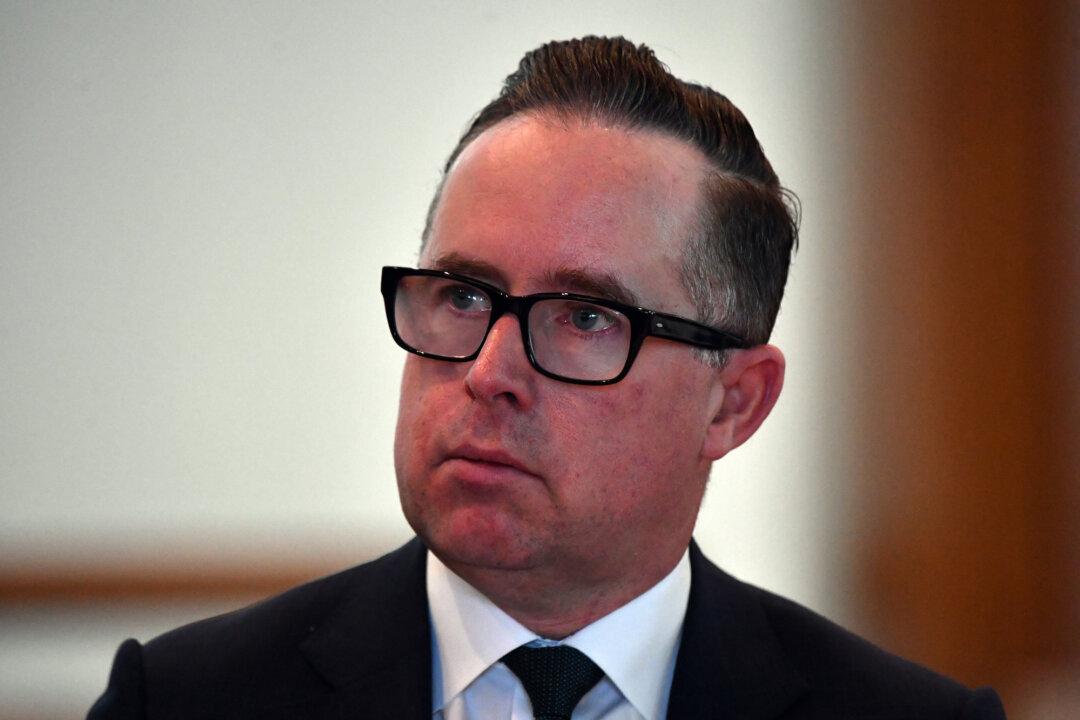Qantas Group CEO Alan Joyce has urged Australians to get vaccinated so that “lockdowns will be a thing of the past,” as domestic border closures force the national airline to stand down 2,500 employees for at least two months due to the lack of flying.
This comes as state officials direct people in Greater Sydney to stay at home as part of the New South Wales (NSW) state government’s COVID-19 restrictions and its “knock-on border closures” in other states and territories.





